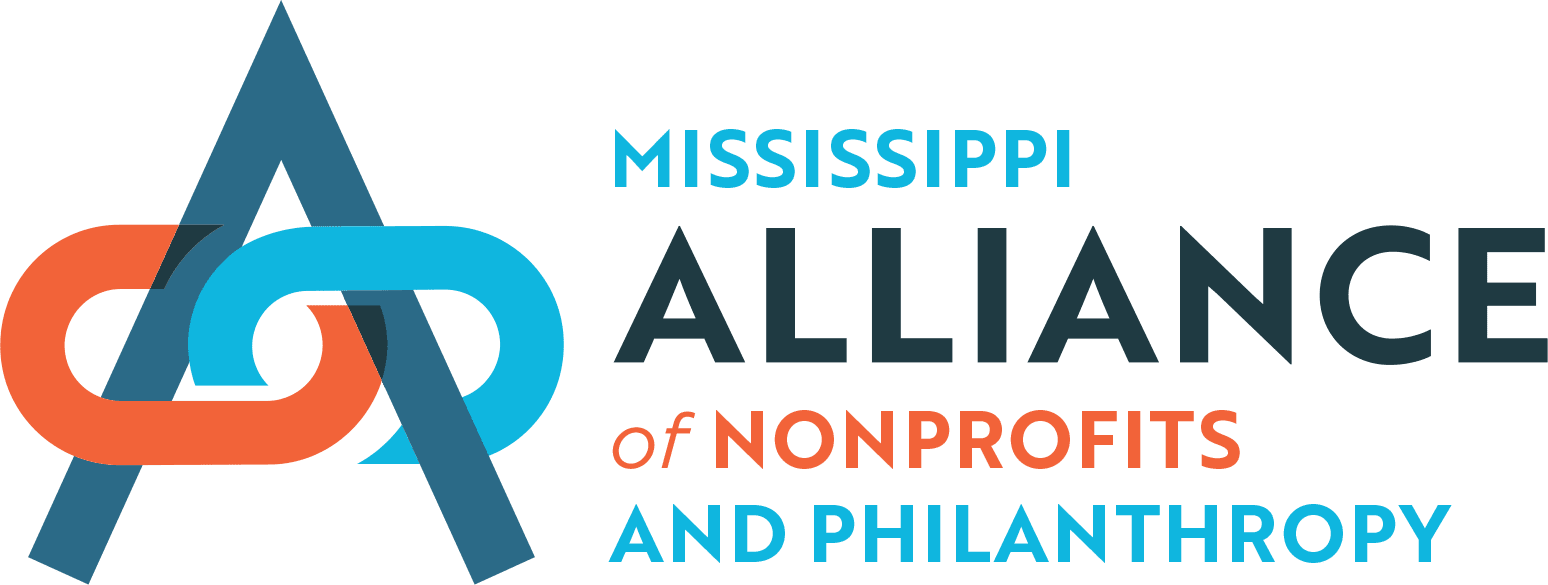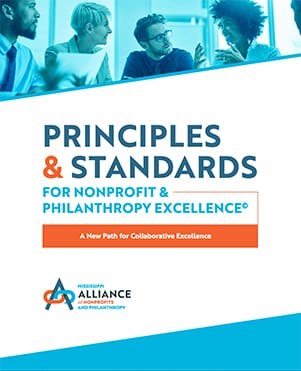Principles & Standards
For Nonprofit & Philanthropy Excellence
The 12 Accountability Principles
10. Public/Private Foundation Standards
About
National Standards for U.S. Community Foundations
Mission, Structure, & Governance
1. Meeting the Definition of a Community Foundation
A community foundation is a tax-exempt, nonprofit, autonomous, nonsectarian philanthropic institution supported by the public with the long-term goals of:
-
-
- Building permanent, component funds established by many separate donors to carry
out their charitable interests - Supporting the broad-based charitable interests and benefitting the residents of a defined geographic area, typically no larger than a state
- Serving in leadership roles on important community issues
- Building permanent, component funds established by many separate donors to carry
-
2. An Independent Board that Reflects the Community
A community foundation has an independent governing body that ensures that the community foundation reflects and serves the breadth and diversity of the community.
3. Foundation Control Over Component Funds
A community foundation’s governing body retains variance power by which it may modify any restriction or condition on the distribution of assets, if circumstances warrant.
4. Advance the Foundation’s Mission, Strategy, and Policies
A community foundation’s governing body is responsible for the mission, strategic direction, and policies of a foundation.
5. A Board and Staff that is Responsible for Operational Health
A community foundation’s governing body ensures the financial health and sustainability of the foundation.
6. A Board that Monitors Policies and Grants
A community foundation’s governing body approves and monitors policies regulating the ethical operations of the community foundation, ensures that the community foundation meets all legal requirements, and approves all grants.
7. A Board that is Independent
A community foundation’s governing body is not controlled by any other nonprofit foundation.
8. Board and CEO Compensation
A community foundation’s governing body oversees a clearly articulated process for board governance and serves without compensation (exclusive of the chief executive officer).
9. Oversight and Control of Geographic Affiliates
A community foundation’s governing body maintains oversight and control over geographic affiliates.
Resource Development
10. A Board and Staff Actively Developing Broad Support
A community foundation has, or is actively working to develop, broad support.
11. The Board Secures Discretionary Resources
A community foundation has a long-term goal of securing discretionary resources to address the changing needs of the community it serves.
12. The Board Demonstrates Legal and Fiduciary Control
A community foundation’s governing body has legal and fiduciary control over all contributions received, adopts appropriate gift and fund acceptance policies, and makes these policies available upon request.
Stewardship & Accountability
13. Fund Management and Financial Records
A community foundation is a steward of charitable funds, which invests and prudently manages funds and maintains accurate financial records.
14. Accountable and Transparent Programs and Finances
A community foundation is accountable to the community it serves.
15. The Foundation Maintains Fund Records
A community foundation maintains a written record of the terms and conditions of each component fund and all applicable records must reference the variance power.
16. Honoring Donor Intent and the Law
A community foundation honors the charitable intentions of its donors.
17. The Board Has and Makes Public the Annual Audit
A community foundation has an annual audit.
Grantmaking
18. Diverse Grantmaking
A community foundation operates a broad grant program.
19. Discretionary Grants Respond to Community Needs
A community foundation awards some grants from its discretionary resources.
20. Oversight of Grantmaking Due Diligence
A community foundation performs due diligence to ensure that grants will be used for charitable purposes and assesses the impact of its grantmaking.
Donor Relations
21. Donor Education and Engagement
A community foundation educates and engages donors in identifying and addressing community issues and grantmaking opportunities.
22. Gift Acknowledgement and Fund Statement for Donors
A community foundation promptly and accurately acknowledges gifts and provides fund statements.
23. Privacy & Confidentiality
A community foundation keeps all private information obtained with respect to donors and prospective donors confidential to the fullest extent possible.
24. Community Leadership
A community foundation identifies and addresses community issues and opportunities.
25. Social Media and Communications
The community foundation communicates openly and transparently on a regular basis.
26. Advocacy and Lobbying Activities
When involved in advocacy or lobbying activities, the community foundation ensures it is in compliance with applicable federal and state regulations.
For more information on these standards, visit: https://www.cof.org/national-standards-us-community-foundations
Private Foundation Legal Compliance Items
1. Organizational and Operational Documents
- A. Articles of Incorporation or Declaration of Trust
- B. Bylaws
2. Documents Relating to Federal Tax Exemption
- A. Form 1023
- B. Form SS-4
- C. The IRS’s Favorable Determination Letter
- D. Any IRS Letters Approving Your Foundation’s Grantmaking Procedures
- E. Any Other Official Correspondence from the IRS.
3. Documents Relating to Sales Tax Exemption—Special Private Foundation Rules
- A. IRS Code (IRC) 4940 on Excise Tax on Net Investment Income
- B. IRC 4941 on Self-Dealing
- C. IRC 4942 on Minimum Payout Requirement
- D. IRC 4943 on Excess Business Holdings
- E. IRC 4944 on Jeopardy Investment
- F. IRC 4945 on Taxable Expenditures
4. Administrative Reporting and Public Accounting
- A. Notice and Filing Requirements
- B. Reporting Obligations
5. Public Disclosure Requirements
- A. IRS Form 990-PF
- B. IRS Form 1023
- C. IRS Form 990-T
- D. Any state law disclosure requirements
6. Grant Programs and Policies
- A. Self-dealing Rules
- B. Determination Status of Recipient Organizations
- C. Grant Letters
- D. Expenditure Responsibility Rules
- E. Limitations on Types of Grants
7. Other Issues
- A. Insurance
- B. Contracts
- C. Real Estate and Other Property
- D. Employment
- E. Pension
- F. Permits and Licenses
- G. Copyright and Trademark
- H. Sales Tax
- I. Minutes
For Complete Compliance Checklist click this link: https://www.cof.org/sites/default/files/documents/files/Check-This–A-Compliance-Checklist-for-Private-Foundations.pdf

